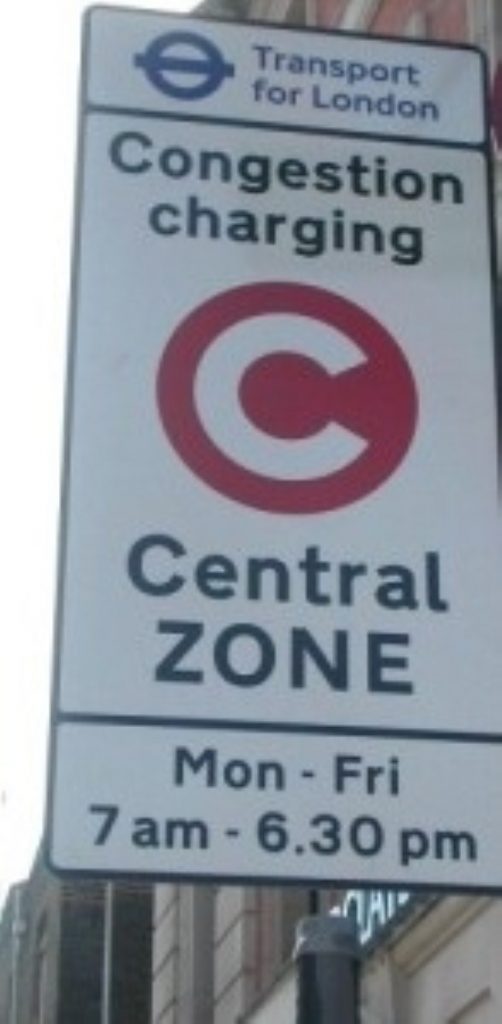Congestion charge – ‘no discernable affect’ on business
The introduction of congestion charging for London has had ‘no discernable affect’ on the performance of the capital’s businesses, according to a survey released today.
Research by Georgeson Shareholder Communications for the business group London First, found that there was overall support for charging to drive into the centre of London six months after its introduction.
The survey revealed that of the 504 London businesses questioned, 49% said that they believed the congestion charge was working, 35% remained undecided and 16% thought that it was not.
Almost three-quarters (71%) of those asked claimed that congestion charging has had no discernable impact on their bottom line. Nine per cent believed that the charge had impacted on their bottom line whilst a further 9% claimed that it had had a positive effect on their business.


Julia Lalla-Maharajh, Director of Transport at London First, stated, ‘There is no doubt that the introduction of congestion charging has had a dramatic effect on traffic levels and made it much easier to move within central London. But there have been questions raised about whether it has been good or bad for business. This survey answers those questions.’
‘We have surveyed businesses of all sizes and across all sectors in London and the results demonstrate that support for congestion charging among the business community remains firm.’
The survey highlighted that only 2% of business would consider relocating outside the congestion charging zone.
However, the survey revealed that businesses are unsure about the impact of the charging scheme on the capital’s economy overall. The highest proportion of business (37%) said it was too soon to tell what the impact was.
Lalla-Maharajh added, ‘What is clear, however, is that businesses feel they do not know enough about where the revenue is going, while one fifth felt that the technology was inadequate. This must be improved. Business also wants robust monitoring of the impact on London’s economy.’
Some transport projects in the capital have had to be shelved because fewer than expected motorists are willing to pay the charge. There has also been difficulties with the technology whereby some number plates are unreadable and a charge cannot therefore be levied.
A £64 million budget shortfall meant the Greater London Assembly had to give £31 million to Capita, the company which is running the scheme.











